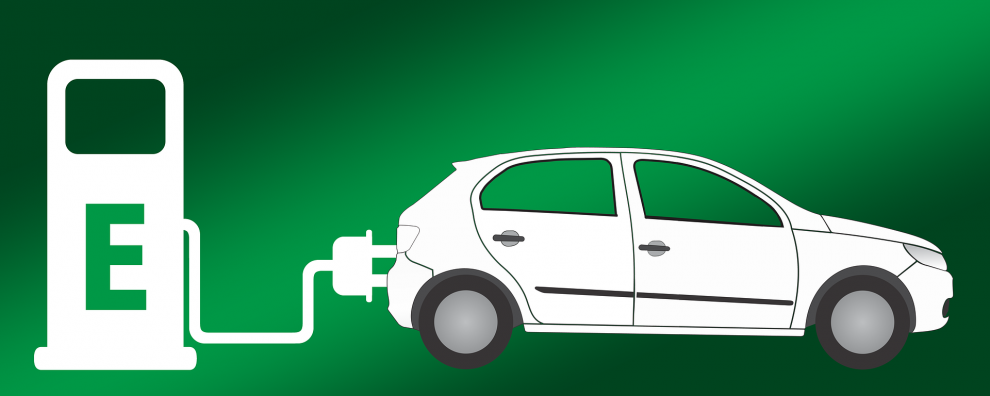A charging ecosystem is very crucial to sparking demand for electric vehicles in India
Keeping in line with the Government of India’s (GoI) National Electric Mobility Mission Plan (NEMMP), Tata Motors recently announced plans to set up around 700 electric vehicle (EV) charging stations by 2021. Tata Motors has a network of 100 fast-charging stations across various cities in India such as Mumbai, Bengaluru, Pune, Hyderabad and Delhi. Plans are underway to add an additional 200 fast-charging stations for EVs by the end of fiscal 2020.
The additional network of fast charging stations will be set up in collaboration with Tata Power. This move will solve issues such as range anxiety and charging duration that are concerns for potential EV buyers in India. The interest for EVs is gradually sprouting in the subcontinent due to government push; the popularity of Tesla world over; and consumers becoming more environmentally conscious day by day.
A charging ecosystem is very crucial to sparking demand for electric vehicles in India. Tata Motors is setting out to do just that with this move. The charging infrastructure will be set up at malls, metro stations, theatres, highways, and so on. Interactions between Tata Motors and municipalities are also underway with regards to setting up of these charging stations. Charging stations for EVs will also be set up at TATA group owned companies such as Croma, Westside, Titan, Taj Hotels, and so on. The company head for electric vehicles and home automation, Sandeep Bangia said that the company is eyeing charging stations that will follow 30 to 50 kW protocol in the coming years.
Tata Motors recently launched its electric four wheeler, the Nexon EV at a starting price of Rs.13.99 lakhs. The car has a claimed range of 312 km (kilometers) on a single charge and is powered by ZIPTRON technology. TATA Motors is taking the clean mobility transition rather seriously and is slated to launch few more electric models in the next two years.
The Indian government took some drastic measures in 2019 to boost the uptake of clean mobility in the country. Road transport and highways Minister Nithin Gadkari came up with an EV Policy to chart out the eventual yet inevitable transition from fossil fuel based vehicles to clean mobility. A backlash from the industry stakeholders was seen on account that the existing automobile sector will be under threat if the transition to EVs was compelled in such a drastic manner. NITI Aayog came out with a comprehensive EV adoption road map stating that all three-wheelers sold after 2023 should be electric; two-wheelers sold after 2025 and four-wheelers sold after 2030 in India should be electric. Also, the Finance Minster Nirmala Sitharaman announced the slash of GST for EVs from 12% to 5%. A lot of measures providing relief on interest rates on loans for electric vehicles were mentioned in last year’s budget. A hike in customs duty on imported electric vehicles was a measure taken in the Union Budget 2020, encouraging indigenous manufacturing in the EV sector. Let’s hope India accelerates its clean mobility adoption falling in line with countries where clean mobility is already an established trend growing in great proportions.














Add Comment